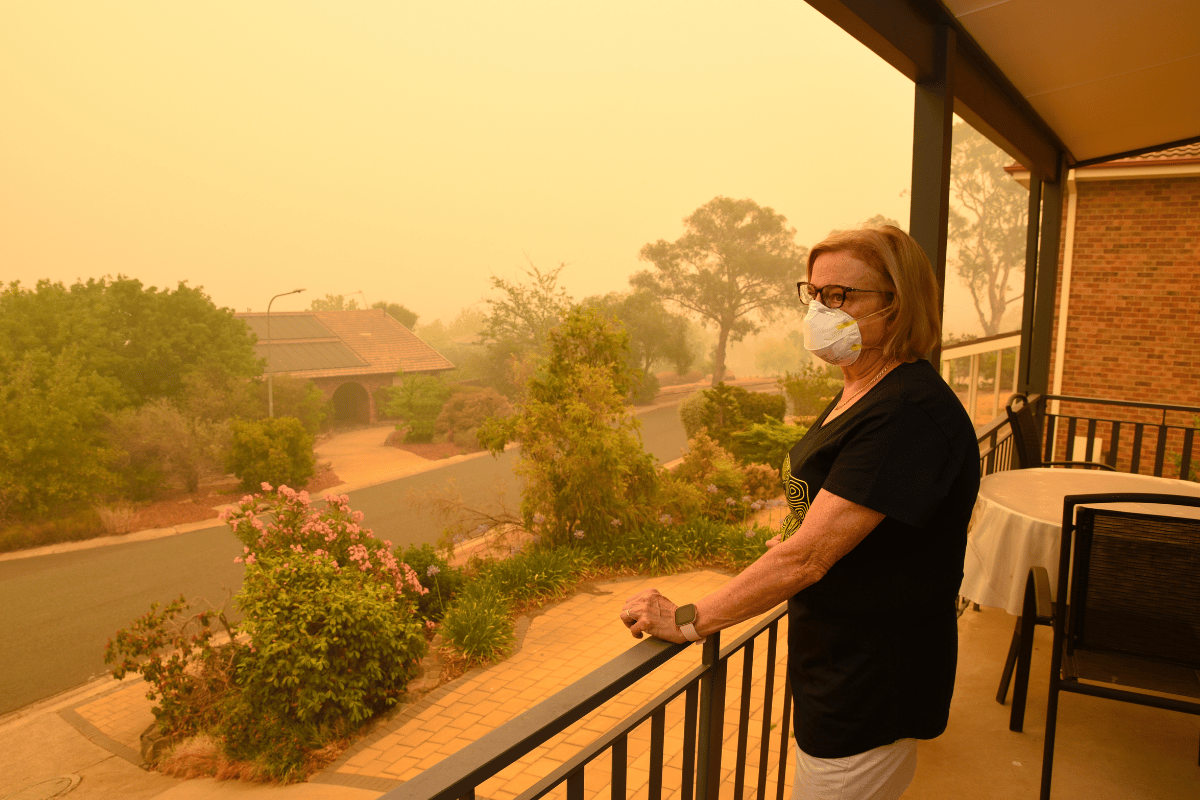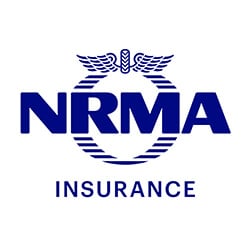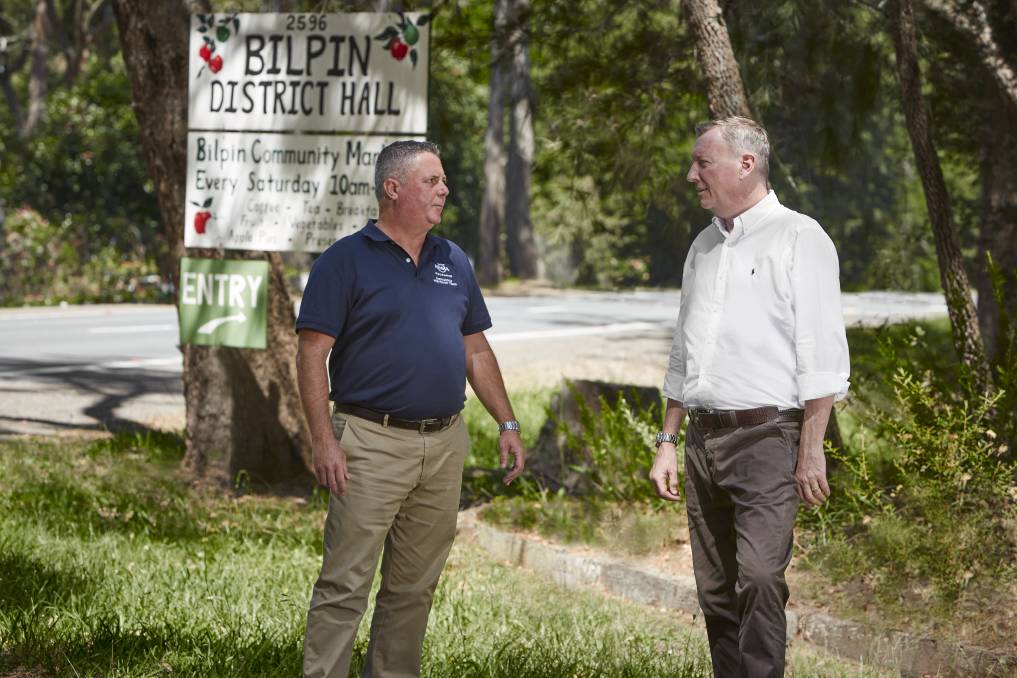

It was a pivotal moment in Australia’s history. The Black Summer bushfires which burned through some 13 million hectares of NSW and the ACT, destroying lives and homes in their wake. And while the fires are out, the invisible fires still burn.
The human impact of this catastrophic natural disaster is still being felt by many communities one year on.
Listen to The Quicky, Mamamia's daily news podcast. Post continues below.
The Lifeline Australia Dedicated Bushfire Recovery Helpline still receives over 400 calls per day, illustrating the ongoing mental health battle many Aussies are facing to curb the invisible fires that still rage inside them.
This continued need for support has led NRMA Insurance to partner with Lifeline Australia and Australian musical royalty Julia Stone, to try and put into words the lasting consequences of Black Summer.
Stone's bush poem, ‘Next To Me’ sheds light on the ongoing mental health trauma experienced by people impacted by the Black Summer bushfires and aims to reassure those who are struggling that help is still available. The poem is personal for Stone, who volunteers as a trained mental health counsellor.
To illustrate this evocative poem, NRMA Insurance collaborated with Julia Stone to develop a mesmerising video titled 'Invisible Fires'. Beginning as an MRI scan, the brain dynamically morphs in response to Julia’s words, to metaphorically highlight the overwhelming negative mental impact this catastrophic natural disaster has had on so many Australians.


